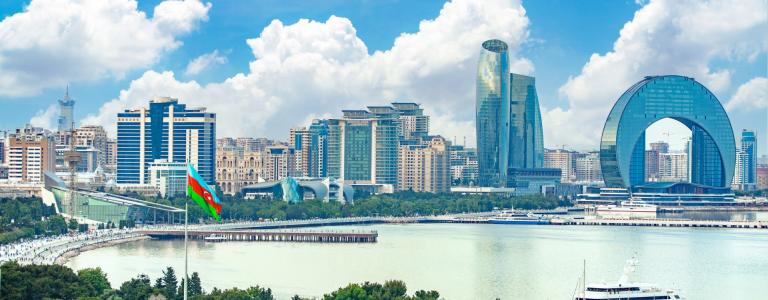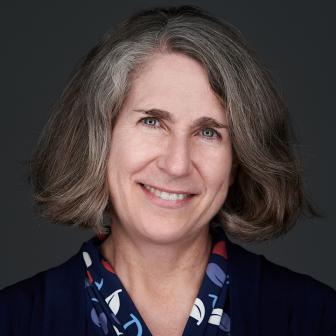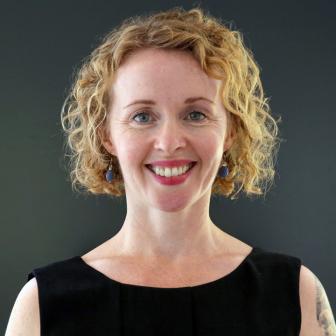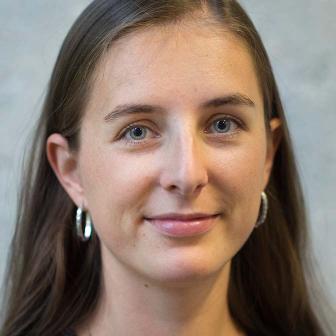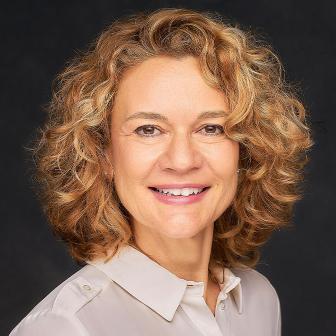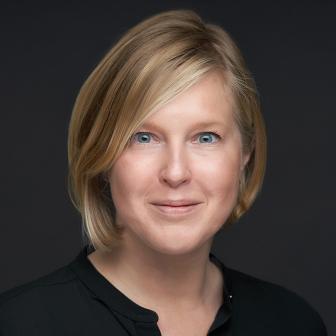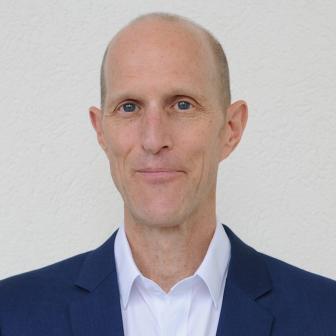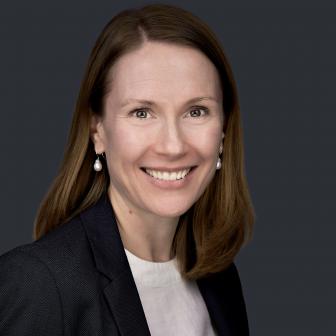Inside COP 29
This year’s UN Climate Change Conference (COP 29) is underway in Baku, Azerbaijan, with a focus on a cornerstone of global climate action—finance.
November 16, Baku - The closing of the Subsidiary Bodies (SBs) to the UN Framework Convention on Climate Change (UNFCCC) painted a dire picture of progress achieved during the first week of the 29th session of the Conference of the Parties (COP 29) to the UNFCCC. Further consideration of several issues was pushed to the SBs' sessions in June 2025, including:
- review of the Adaptation Committee;
- the 2024 Review of the Warsaw International Mechanism for Loss and Damage;
- linkages between the Technology Mechanism and the Financial Mechanism; and
- provision of support for developing country reporting under both the Convention and the Paris Agreement.
Considering the session ran past midnight, the Subsidiary Bodies closed without the customary statements by parties and observers. They will have the opportunity to outline their expectations for the second week on Monday, when the Presidency will present the proposed mode of work for discussions under the governing bodies.
Those still in attendance nevertheless expressed their gratitude to the outgoing Chair of the Subsidiary Body for Implementation (SBI), Nabeel Munir, and the outgoing Chair of the Subsidiary Body for Scientific and Technological Advice (SBSTA), Harry Vreuls, who urged parties to find common ground during the second week. Parties indeed have a significant amount of work ahead.
Want to dig deeper into today's talks? Read the full Earth Negotiations Bulletin daily report.
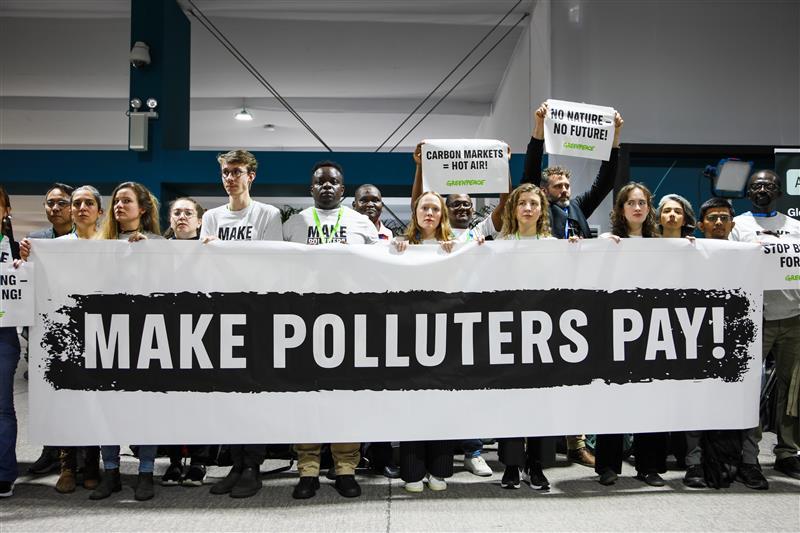
During the two-week meeting in Baku, parties will be negotiating a New Collective Quantified Goal (NCQG )—a more ambitious, transparent, and predictable climate finance target that better addresses the needs of developing countries for mitigation, adaptation, and loss and damage. There’s still much to settle, from the scale of funding to questions about responsibility: who contributes, and what exactly will the finance cover?
It’s also the last COP before the February 2025 deadline to update nationally determined contributions (NDCs), building momentum for ambitious national commitments. It is essential that NDCs reflect the outcomes of the global stocktake (GST) adopted at COP 28, notably the landmark decision to transition away from fossil fuels.
Baku is a critical opportunity to accelerate global adaptation action as parties will be assessing progress of countries’ National Adaptation Plan (NAP) processes and identifying the way forward with a strong focus on implementation and support.
Negotiators will also revisit Article 6 of the Paris Agreement , aiming to establish stronger rules for global emissions trading.
IISD will be closely monitoring these discussions, offering support to negotiations and delivering daily reports on the decisions shaping global climate action.
Need to Know: What we want to see at COP 29
IISD's Earth Negotiations Bulletin Reporting On-Site
For over 30 years, Earth Negotiations Bulletin has provided authoritative, in-depth reporting on United Nations negotiations involving the environment and development. Our reporters will be covering each day of the talks in Baku, explaining what's happening and what it means for climate action.
Read MoreOur Insights

What Is the NAP Assessment at COP 29, and Why Does It Matter?
At the 29th UN Climate Change Conference (COP 29) in Baku, countries will assess their progress in formulating and implementing their National Adaptation Plans. IISD’s adaptation experts Orville Grey and Jeffrey Qi explain what that means, and what’s at stake.

How to Track Adaptation Progress: Key questions for the UAE-Belém work programme at COP 29
UAE-Belem work program at COP 29: Emilie Beauchamp explains the complexity behind these talks and unpacks seven key questions that negotiating countries should address along the way.

COP 29 Must Deliver on Last Year’s Historic Energy Transition Pact
At COP 29 in Baku, countries must build on what was achieved at COP 28 and clarify what tripling renewables and transitioning away from fossil fuels means in practice.

What Will Happen at COP 29?
Talks at the 2024 UN Climate Change Conference (COP 29) will range from defining a way forward on finance through a new collective quantified goal (NCQG) to mitigation, and loss and damage. Ahead of negotiations in Baku, IISD’s Earth Negotiations Bulletin Team Lead Jennifer Bansard examines the agenda and breaks down what to watch as eyes turn to Azerbaijan.

Advancing Gender Equality and Human Rights at COP 29: Why intersectionality matters
There has been resistance to integrating intersectionality language in UNFCCC discussions, but Angie Dazé explains why it is a key step toward climate justice.

Climate Negotiations Glossary
Concise definitions of key terms and acronyms used in UNFCCC climate change negotiations and beyond.
IISD COP 29 Experts: Earth Negotiations Bulletin
IISD COP 29 Experts: Energy
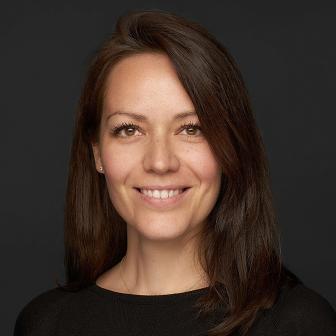
Aia Brnic
Communications Manager

Olivier Bois von Kursk
Policy Advisor
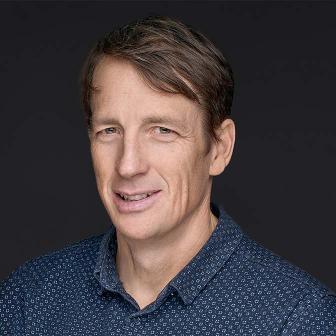
Vance Culbert
Senior Policy Advisor & Secretariat Manager, COFFIS

Megan Darby
Senior Communications Officer

Philip Gass
Director, Energy Program, Just Transitions and Canada

Natalie Jones
Policy Advisor

Jonas Kuehl
Policy Advisor
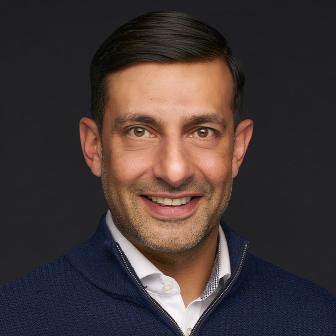
Farooq Ullah
Senior Policy Advisor and Lead, Energy and Climate Governance
IISD COP 29 Experts: Adaptation
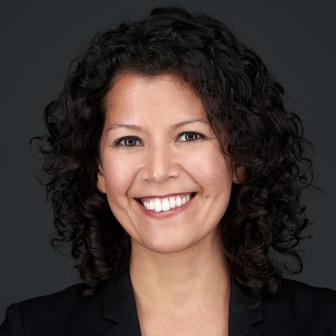
Anne Hammill
Associate Vice-President, Resilience

Emilie Beauchamp
Lead, Monitoring, Evaluation, and Learning for Adaptation to Climate Change

Alec Crawford
Director, Nature for Resilience
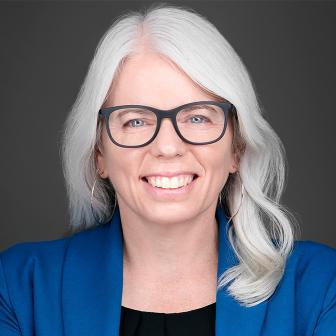
Angie Dazé
Director, Gender Equality and Social Inclusion for Resilience

Orville Grey
Head of Secretariat, NAP Global Network

David Hoffmann
Coordinator, NAP Global Network

Mauricio Luna Rodríguez
Senior Policy Advisor, Climate Change Adaptation Governance

Jeffrey Qi
Policy Advisor I
